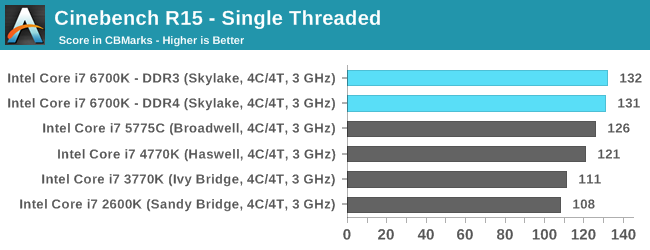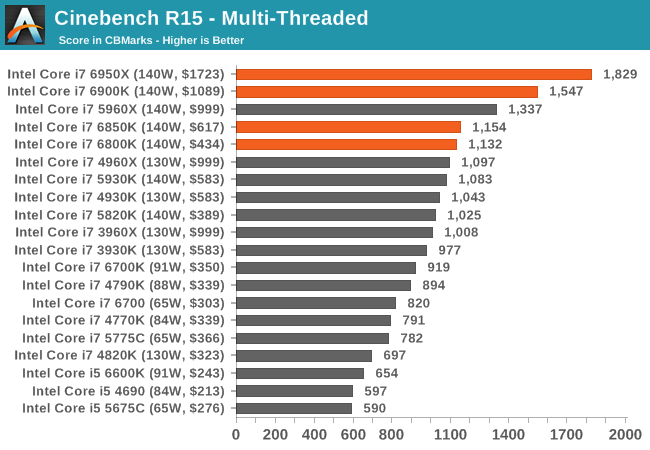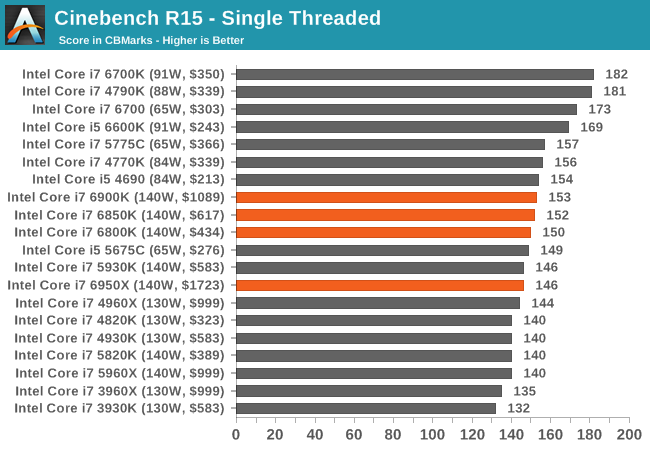jdwii :
"And that's coming from a person who would take an 8-core FX over an i3 for everything else, and stick to adequate 60-fps gaming."
Not really possible really unless you are talking about games that are not demanding. I've owned both 8350 is a terrible CPU compared to the I3 in a lot of games but in others its decent. Basically if the game can use all the cores the 8350 is pretty nice if not its pretty terrible unless you don't care about stutter and frame drops.
Gonna be very happy when Ryzen comes out to make Amd an option again for CPUs. I do mainly only play open world games and RTS games which are highly CPU intensive. I remember how often my old 770 dropped GPU usage on many games with a 8350 at times even below 70% usage. Some games even ran faster with my 1100T OC to 3.9Ghz vs the 4.3Ghz i could get with my 8350.
I just want to forget about bulldozer all together.
Edit
Does Tomshardware forums do "owner" threads if so i'd love to see one on Ryzen to see what most of the toms community is getting when it comes to benchmarks and scores. I just read Ryzen can possibly work with 3600Mhz+ ram. Like to see everyone's results.
Ok, trying to speak too much in too few words hurt my point, so let me clarify:
I had an FX 8120 (always at 3.6GHz), and now own an i3 6100. The FX was usable, but not good in Skyrim, for example, while the i3 is probably good enough too. The thing is I played it without issues on both processors, and unless I measure, I can't really tell which one is which. I agree that many games will have framerates below acceptable on an FX, but that's why Ryzen is here. That is a near-universal conclusion.
BUT then you look at overall system performance, and discover that two cores, even with HT, are not enough for any heavy task. I work with Unity, and anytime I compile a build there's mouse and sound stuttering, and the whose system is almost unusable. When on the FX, I couldn't find a way to make anything lag or stutter, because of the additional threads. It was slower, but the system felt smooth all the time.
Which brings me to my point: Skylake has great IPC, but dual cores must die. We could live with unresponsive systems on the early dual core eras, but today, when CPUs have as much as 10 cores, it's not acceptable. So saying the i3 is a good CPU is telling half the story, it can handle dedicated tasks well, but is very bad at multitasking. I don't care if Ryzen is 20% slower, because it has 4 real cores, I'll recommend the R3 over the i3 anytime.









